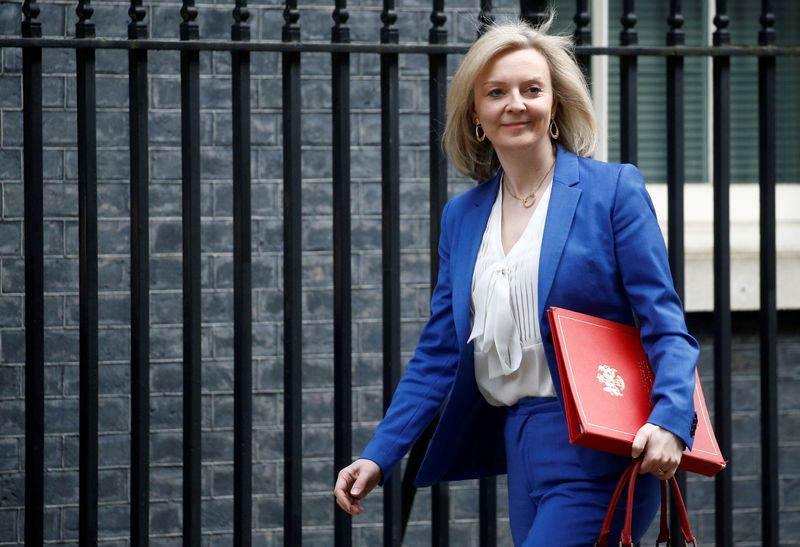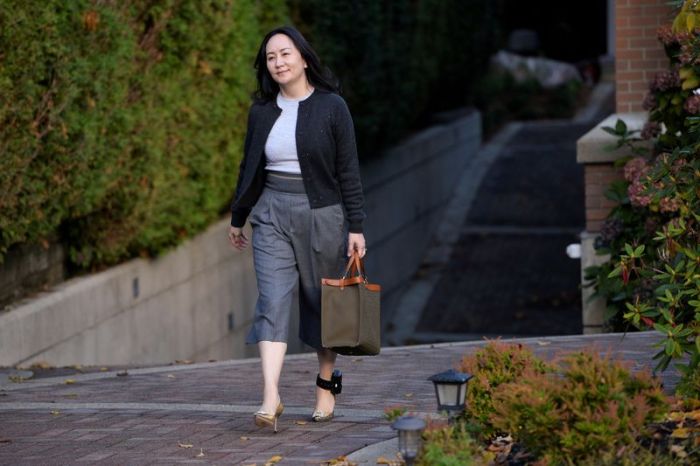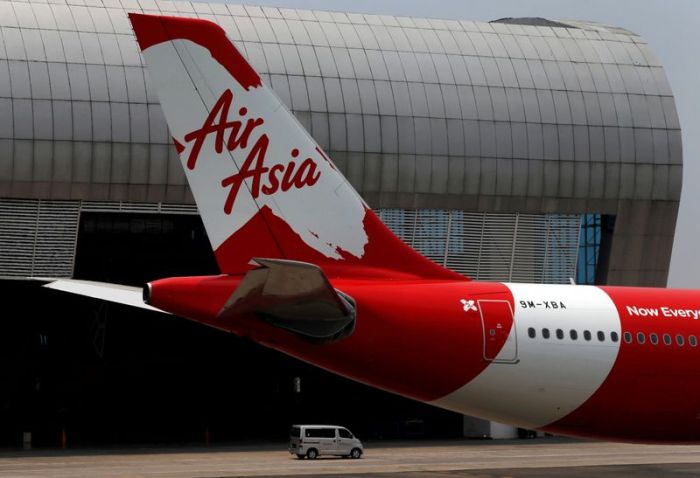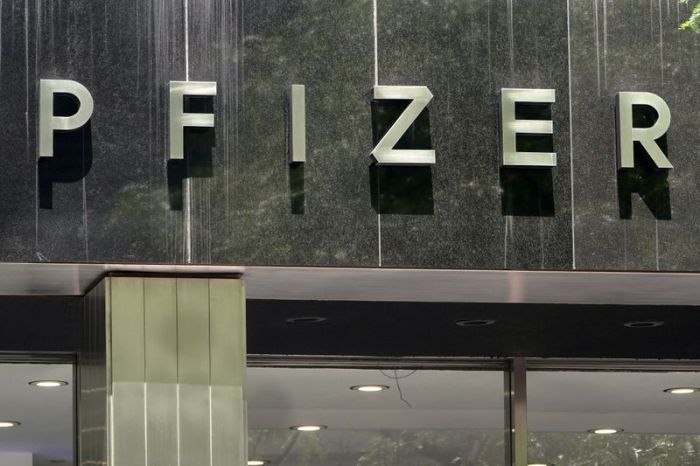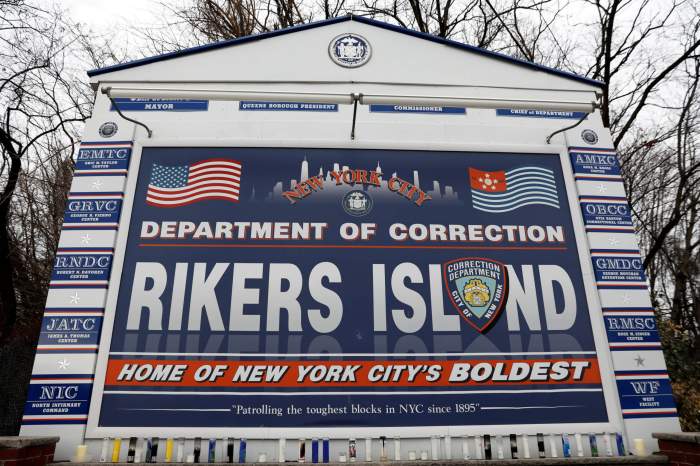LONDON (Reuters) – Britain said it must have the right to respond in kind to tariffs imposed as part of a 16-year Boeing-Airbus row, underscoring the complicated choices the country will face on major trade flashpoints after Brexit.
International Trade Secretary Liz Truss made the comment following a speech in London on Thursday in which she criticised both the United States and Europe for “pernicious” trade practices in general, as she set out the UK’s vision for its own future.
“We are extremely frustrated by the fact that this situation which has been running for 15 years hasn’t been resolved,” Truss said of the EU-U.S. standoff, adding that she was in talks with both sides to find an urgent resolution.
“Of course we will keep all options open to make sure the UK is able to respond in kind if those tariffs aren’t removed.”
The World Trade Organization a year ago authorised the United States to impose tariffs on $7.5 billion of EU goods in a dispute over subsidies to planemaker Airbus <AIR.PA>. Britain has left the EU, but is still subject to those tariffs, notably for whisky.
Earlier this month, the WTO awarded the European Union the right to target $4 billion of U.S. products. That could heighten transatlantic trade tensions, but also gives the EU leverage towards resolving the dispute for good.
The row thrusts Britain into a difficult situation.
It is urgently negotiating a trade deal with the EU to avoid widespread disruption when a transition period of de-facto EU membership ends on Dec. 31. It has also put a U.S. free trade agreement at the top of its post-Brexit wish list.
While looking ahead, Truss said the UK would not follow an “autarkic Britain First approach” or a protectionist route.
She also criticised those nations who use “their muscle to artificially promote state-subsidised products”.
“Britain is learning from the twin errors of values-free globalisation and protectionism,” she said. “We are instead rooting our approach for global free trade in our values of sovereignty, democracy, the rule of law and a fierce commitment to high standards.”
(Reporting by Kate Holton and William James; Editing by William Maclean and Hugh Lawson)

